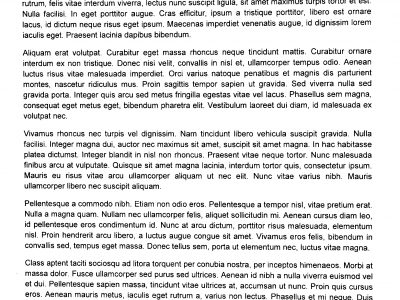Image Processing
Gorakhpur is a city located in the north-eastern region of
Uttar Pradesh state of India. It is a sub-part of Purvanchal
region of Uttar Pradesh and Bihar. In the south-western
part, Gorakhpur periphery spreads along Rapti river. In
the north-western region, Gorakhpur shares its periphery
with Chillua Tal. In the southern part, Ramgarh Tal with a
perimeter of 18 km is located.
Water Bodies:
+ Ramgarh Tal is a historically important heritage site and
is also a tourist attraction; spread over 700 hectares of
- Categories:
 322 Views
322 ViewsIndia is a sub-continent that stretches from Ladakh in
the North to Kanyakumari in the South and from
Gujrat in the West to Arunachal Pradesh, Nagaland
and Manipur in the East. India is currently the
seventh largest country by land covering an area of
approximately 32,87,263 kms.
India's Space Strengths:
India is the fourth country in the world to have
destroyed a satellite of its own. India built the
record-breaking space capability of launching 104
satellites on a single Polar Satellite Launch Vehicle
- Categories:
 99 Views
99 ViewsThe dataset contains thermal and visible images of volunteers taken in different places to develop face detection algorithms. By providing both thermal and visible face images in a single dataset, our dataset empowers researchers, scientists, and developers to leverage the strengths of each image type. The dataset can be utilized for tasks like biometric authentication, emotion recognition, facial expression analysis, age estimation, and gender classification.
- Categories:
 823 Views
823 ViewsNeuroimaging methods play an important role in presurgical examinations and localization of epileptogenic lesion. Magnetic resonance imaging (MRI) is a neuroimaging technique that is essential to detect structurally abnormal tissue and thus delineate the epileptogenic lesion. Magnetic resonance imaging (MRI) provides structural data and can reveal underlying epileptogenic lesions (T1, T2, FLAIR).
- Categories:
 463 Views
463 ViewsGoal
The goal of this project is to leverage Amazon Web Service's machine learning services to create a dataset that automatically adds and updates files on IEEE DataPort's S3 storage. Through this process, we sought to learn and demonstrate how an ongoing data collection script can create a shared living dataset by streaming data to our IEEE DataPort dataset storage. In the process, we also hoped to gain further insights into areas including:
- Categories:
 200 Views
200 Views
A long-standing problem in thermal imaging is the inherent assumption of a uniform and known emissivity across an entire image. Semantic segmentation of the materials in a thermal image can identify the pixel-wise emissivity, thus rectifying the spatially uniform emissivity assumption with no human intervention. We have created a multispectral thermal image dataset consisting of nine materials (acrylic, aluminum, bakelite, ceramic, cork, EVA, granite, maple, and silicone) at six different temperatures.
- Categories:
 215 Views
215 Views— Medical image segmentation is a crucial aspect of medical image processing, and has been widely used in the detection and clinical diagnosis for brain, lung, liver, heart and other diseases. In this paper, we propose a novel multimodal mutual attention network, called MMAUNet, for medical image segmentation. MMA-UNet is divided into two parts. The first part obtains more highdimensional features by skip connection and improved network structure.
- Categories:
 272 Views
272 ViewsAround from 12th century MODI script was used to write Indian languages as Marathi, Hindi, and Gujarati etc. It was used as administrative script from 17th century to mid of 19th century in Maharashtra state (India). At present, MODI script users are diminishing away, and countable persons can understand the MODI script. The preserved archaic historical MODI handwritten documents contained important and rare cultural, historic, and administrative kind of information which is usable in present-days.
- Categories:
 590 Views
590 Views





